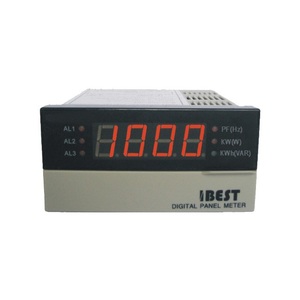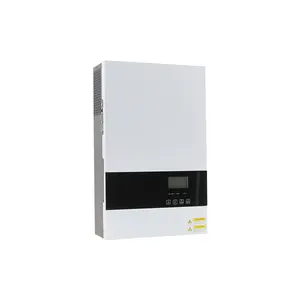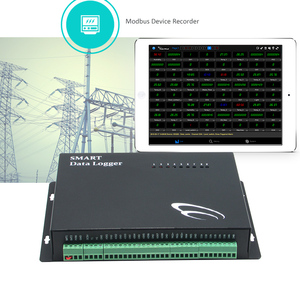Popular in your industry

















































Related Searches:

































































































































Top categories
About analog power meter
Analog Power Meter Overview
An analog power meter is a traditional device used to measure the amount of electrical energy consumed by a residential or commercial entity. Unlike their digital counterparts, these meters display readings through a mechanical dial. As a fundamental tool in energy management, analog meters serve as a reliable resource for monitoring electricity usage.
Types and Applications
There are various types of analog electricity meters tailored to different applications. Single-phase analog meters are commonly used in residential settings, while three-phase meters are designed for commercial environments with higher energy demands. These meters are essential for tracking consumption patterns and identifying areas where energy use can be optimized.
Features and Materials
The construction of an analog power meter typically involves durable materials capable of withstanding environmental factors. Key features include a straightforward interface, with a rotating disc and a series of dials that indicate energy consumption. This simplicity ensures ease of reading and a lower likelihood of component failure.
Advantages of Analog Meters
Opting for an analog electric meter comes with several advantages. Their durability and simplicity offer a practical solution for energy measurement. These meters are often appreciated for their direct mechanical readout, which does not require a power source to display the consumption, making them particularly useful in areas with unstable power supply.
Choosing the Right Meter
Selecting the appropriate analog power meter depends on the specific requirements of the property and the electrical system in place. It is important to consider whether a single-phase or a three-phase meter is needed based on the energy load and distribution.
Environmental Impact
Using an analog power meter can indirectly contribute to environmental conservation. By monitoring and managing energy consumption, users can reduce their carbon footprint, aligning with global efforts to combat climate change.
























































